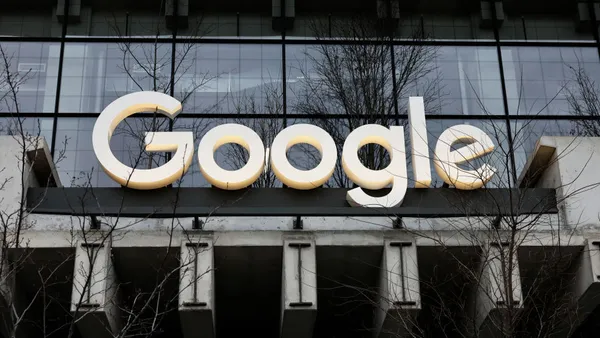Dive Brief:
- P&G shareholders denied activist investor Nelson Peltz a spot on the CPG giant’s board of directors in what was described as a “bruising battle,” by Ad Age. Peltz reportedly lost his bid by a narrow margin, with nearly half of the votes cast in his favor, according to CNBC.
- Ad Age reported P&G Chairman and CEO David Taylor said the company would continue to “work constructively” with Peltz when announcing the results of the vote. Peltz, who heads the Trian Partners hedge fund, hasn’t backed down from similar battles in the past.
- It was estimated the two sides spent around $60 million combined on marketing around the proxy fight, a figure Ad Age called the biggest marketing effort ever around such a corporate vote.
Dive Insight:
The expensive board proxy battle comes at a time when P&G along with its CPG competitors like Unilever are facing troubling business conditions, a state of affairs that WPP’s CEO Martin Sorrell specifically cited as one of the reasons ad agency holding companies are having growth issues.
In this environment, the Peltz battle — and the fact that the vote was close — suggests there are differing opinions in the business world about how to take mega corporations like P&G into the future as digital continues to transform many areas of business. While it is unclear if P&G will now try to adopt some of the suggestions from Peltz for how the company should evolve, the basic market conditions remain challenging as e-commerce continues to grow, consumers show a penchant for brands from smaller companies and reaching consumers on digital platforms is difficult.
In early September, Peltz released a 94-page white paper from his hedge fund with a vision for P&G’s future that included reorganizing the company into three global business units — a consolidation from the current 10 — that would be linked by a holding company, reprioritizing toward smaller and faster growing brands, and hiring more third-party digital talent. The white paper called out P&G for not keeping up with its competition in digital marketing at a time when the global giant has been doubling down on TV spending while cutting its digital spend, in part because of a lack of transparency in the digital media supply chain.
P&G responded to the Peltz white paper with a press release touting the company's success in digital marketing and delivering shareholder value and outlining “facts” about that success along with data points to support those facts.














